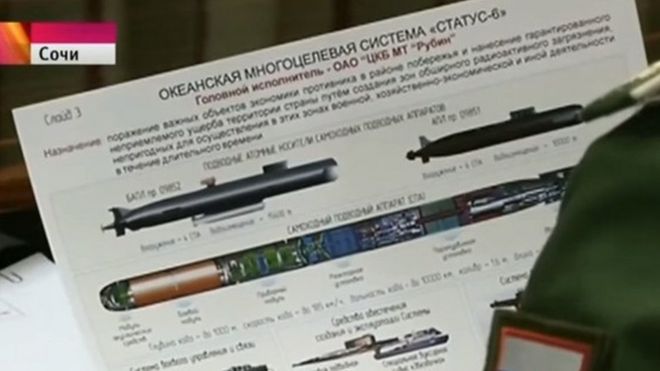Guerrilla-Trained ‘Colectivo’ Threatens Humanitarian Aid to Venezuela
A new pro-government Venezuelan militia or “colectivo” allegedly trained by Colombian rebels may have posted itself alongside security forces on the Venezuela-Colombia border.
The colectivo’s appearance came at the same time as an announcement that humanitarian aid would be arriving to the region after requests by the country’s political opposition and self-proclaimed interim president Juan Guaidó. Venezuela currently faces devastating shortages of both medicine and food.
Since February 3, Freddy Bernal — whom President Nicolás Maduro
appointed as the “protector” of the border state of Táchira in 2017 — has led the
deployment of Venezuelan security forces in the country’s border towns. The forces are made up of both the police and the military, namely the Special Action Forces (Fuerzas de Acciones Especiales – FAES) of the national police and the Bolivarian National Armed Forces (Fuerza Armada Nacional Bolivariana — FANB).
The decision to shore up government forces along the Venezuela-Colombia border came amid Guaidó’s announcement that the opposition was stocking warehouses with food stuffs and other aid at a collection site in the Colombian city of Cúcuta.
In videos posted on his Twitter account, Bernal echoed instructions handed down to him from Maduro himself.
“To guarantee Peace we are implementing a perfect plan with our men and women from
#Táchira, trusting in the
#FANB and in our Patriotic Love,” he
wrote in a message accompanying one of the videos he tweeted.
Venezuelan soldiers have already
started to block the aid deliveries.
Sources in Táchira informed InSight Crime that the Maduro government’s plan along the border also included mobilizing the
“border security colectivo.” The colectivo was first reported on in August 2018 and is said to include dissidents from the Revolutionary Armed Forces of Colombia (Fuerzas Armadas Revolucionarias de Colombia – FARC) as well as armed civilians.
InSight Crime confirmed that approximately 70 alleged members of the border security colectivo roamed the streets during anti-Maduro protests in the Táchira towns of San Antonio and Ureña on January 23. Non-governmental organization Fundación Redes (FundaRedes) blamed the group for the
deaths of two protesters that day.
InSight Crime Analysis
A pro-Maduro colectivo on the border could threaten humanitarian aid efforts in Venezuela, as many colectivos have been linked to criminal activities.
Venezuela’s colectivos were originally created by former President Hugo Chávez to quell efforts against him. They are still active today, mostly in the capital city of Caracas.
It is telling that military and police forces under the command of Freddy Bernal did nothing to deter the recent public shows of force by the border security colectivo as they cruised the streets on motorcycles dressed in black and outfitted with weapons, bulletproof vests and balaclavas. The inaction renews suspicions that government authorities not only tolerate but work in tandem with the groups, which are increasingly armed.
Until now, the border security colectivo operated underground. The only evidence of the group’s presence in Táchira was the occasional instance of
graffiti on city walls featuring the image of a man carrying a rifle and an inscription: “The colectivos are taking the border to defend the revolution.”
But a witness told InSight Crime that “they came out on January 23 after the march at about five in the afternoon, to intimidate people and shoot up all of Ureña and San Antonio.”
Meanwhile, military sources consulted by InSight Crime said that members of the border security colectivo may be receiving training from guerrilla groups. The training is said to have taken place in a camp in the village of Palotal within the municipality of Bolívar in Táchira.
It is not surprising that the Maduro administration is deploying troops to the Venezuela-Colombia border at the same time that Venezuela’s opposition says its going to move aid through there. But the presence of a colectivo, which may have received training from rebel forces, could increase regional tensions.



